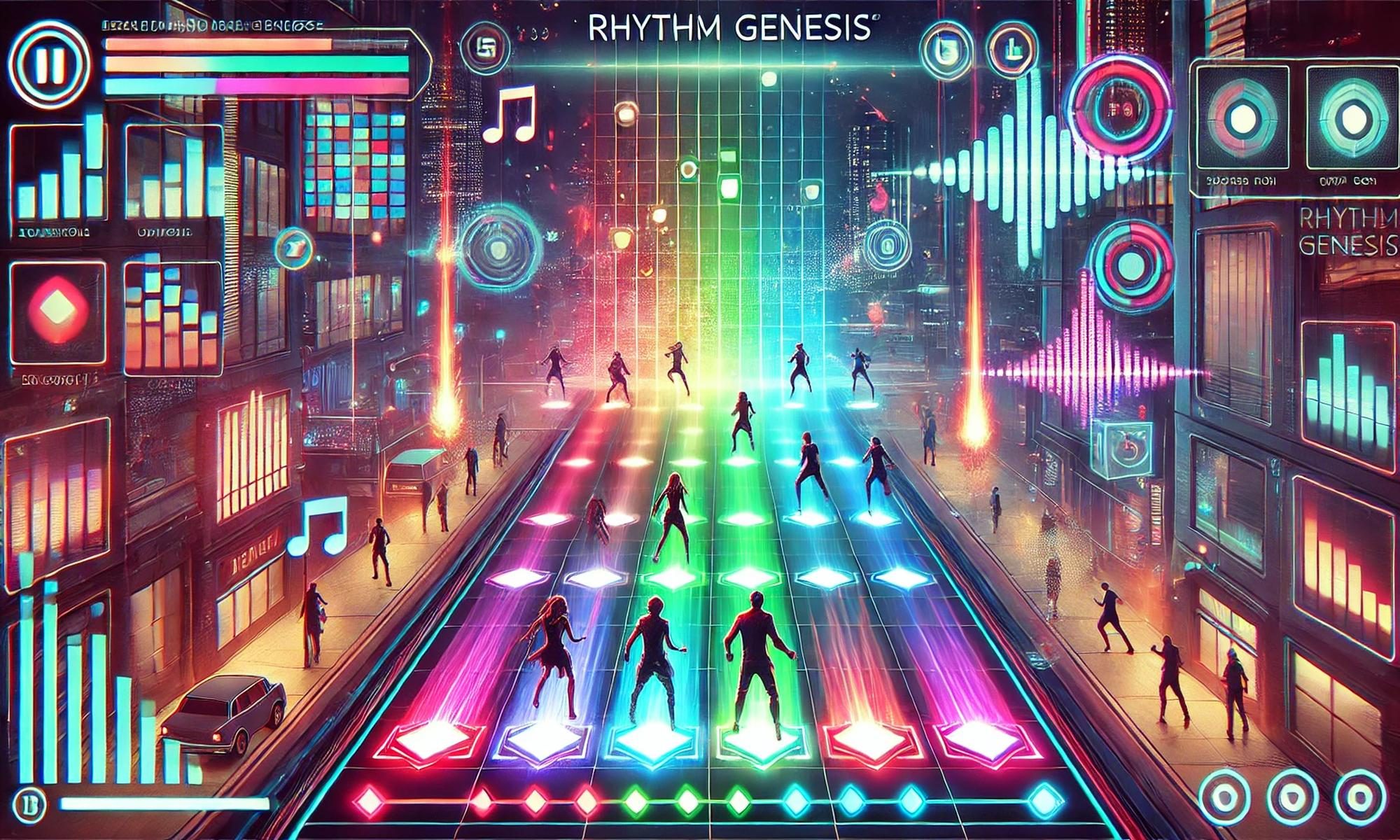During the week leading up to spring break, our team worked on both the documentation and development of Rhythm Genesis. We completed the design review report collaboratively; On the development side, we transitioned from Unity to our own custom C++ engine with SFML, optimizing performance for low-power systems. Yuhe implemented sprite rendering, UI elements, and settings management, ensuring smooth interaction and persistent data storage. Lucas worked on refining the core game loop, adding a scoring system, and transitioning from randomly generated notes to a JSON-based beat map system. Michelle worked on creating an algorithm for determining the number of notes to be generated based on the onset strength of the beat.
Next steps include expanding gameplay mechanics, integrating Python’s librosa for beat map generation, and improving UI design. The team will also focus on fully integrating Lucas’ contributions into the new engine to ensure a seamless transition.
Part A: Global Factors (Michelle)
Since our rhythm game does not analyze the lyrics of any songs and just analyzes beats, onset strengths, and pitches, any song in any language will work with our game. The only translations needed to globalize our game will be that of the text in the menu. Additionally, we plan to publish the game for free on Steam, which is available in 237 countries, so our game will be widely available internationally.
Part B: Cultural Factors (Lucas)
While our game is, at the end of the day, just a game, it will address a couple cultural factors – namely tradition (specifically music) and language. Our game will allow users to play a game that caters to their specific heritage as it allows them to use the music that they like. Instead of typical rhythm games that cover a small subset of music and therefore likely only represent a limited number of cultural backgrounds, our game will allow users to upload whatever music they’d like, which means that users from any background can enjoy the music that they feel represents them while playing the game.
Part C: Environmental Factors (Yuhe)
Good news—our game doesn’t spew carbon emissions or chop down trees! Rhythm Genesis is just code, happily living on user’s device, consuming only as much electricity as their computer allows. Unlike some bloated game engines that demand high-end GPUs and turn one’s laptop into a space heater, our lightweight C++ engine keeps things simple and efficient. Plus, since a player can play with their keyboard instead of buying plastic peripherals, we’re technically saving the planet… So, while our game can’t plant trees, it is at least not making things worse. Play guilt-free—unless you miss all the notes, then that’s on you 🙂
